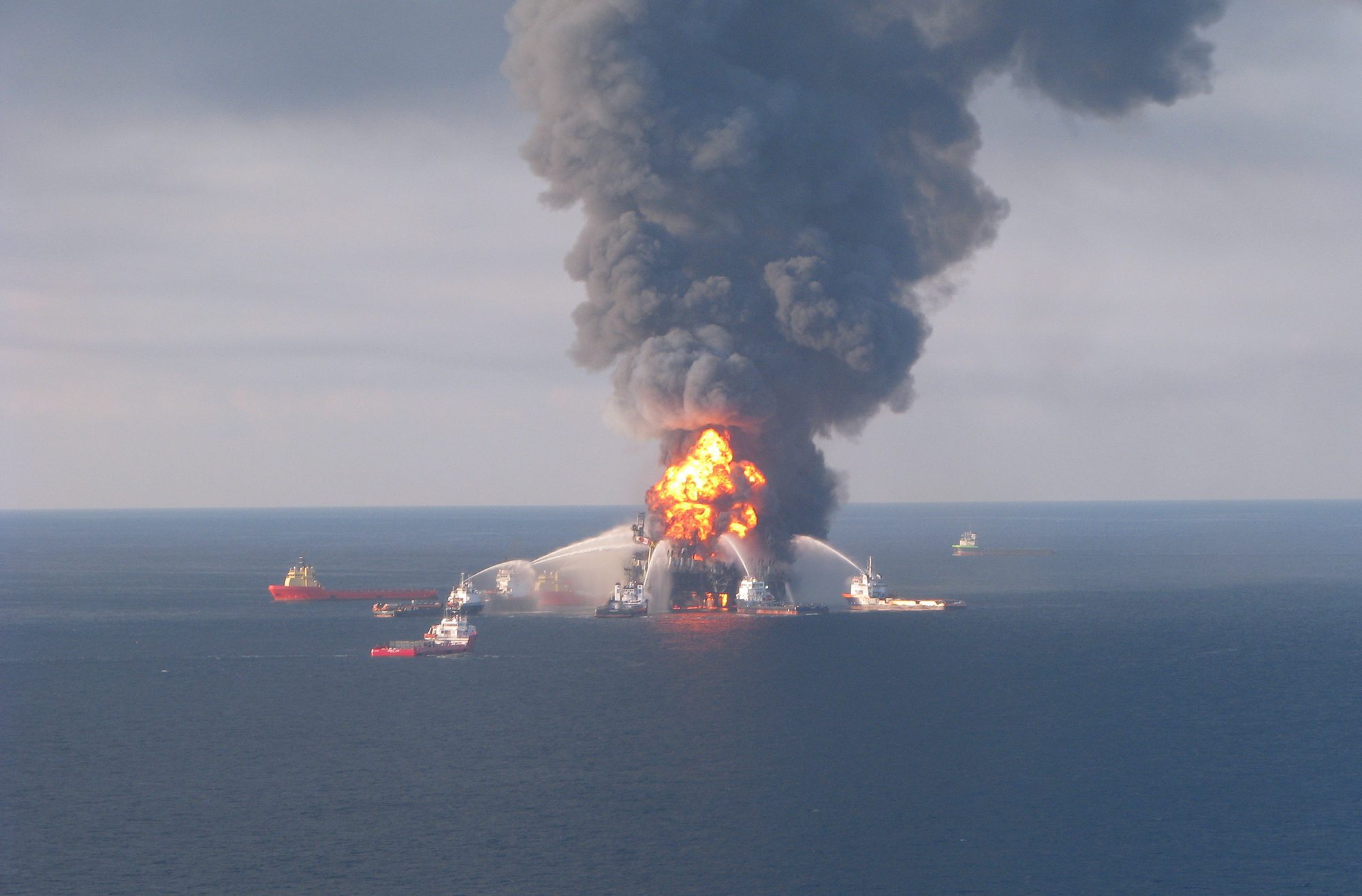U.S. Customs Revenue Tops $100 Billion for First Time Amid Tariff Surge
US revenue from customs duties this fiscal year surpassed $100 billion for the first time, reflecting higher tariffs imposed by the Trump administration.


Sept 12 (Reuters) – The Biden administration on Monday proposed offshore drilling safety measures that it said would help prevent oil spills and protect workers and the environment.
The proposal aims to restore safety provisions put in place by the Obama administration in 2016 following the fatal 2010 BP Deepwater Horizon spill, the worst in United States history.
The Trump administration had revised the rules in 2019 to reduce what the oil and gas industry said was a financial burden.
The Interior Department, which oversees the Bureau of Safety and Environmental Enforcement (BSEE), said the changes would incorporate the latest industry technology improvements.
“As our nation transitions to a clean energy economy, we will continue strengthening and modernizing offshore energy standards and oversight,” Interior Secretary Deb Haaland said on a call with reporters. “We will continue to put the lives and livelihoods of workers first, as well as the protection of our waters and marine habitat.”
The rule revisions would tighten technical requirements of blowout prevention systems and mandate speedier failure investigations. They also require companies to submit failure data directly to BSEE rather than to third parties.
The Department of the Interior is proposing revisions that would:
- Require blowout preventer systems (BOPs) to be able to close and seal the wellbore to the well’s kick tolerance design at all times;
- Remove the option for operators to submit failure data to designated third parties and instead require the direct submittal of failure data to BSEE;
- Require failure analysis and investigations to start within 90 days instead of 120 days;
- Require independent third parties to be accredited by a qualified standards development organization;
- Specify that surface BOPs on existing floating facilities must follow the dual shear ram requirements when replacing an entire BOP stack;
- Require that remotely operated vehicles be capable of opening and closing each shear ram on a BOP; and
- Require the operator to provide test results to BSEE within 72 hours after completion of the tests if BSEE is unable to witness testing.
The proposal is open to public comment until Nov. 14.
Oil industry trade group the National Ocean Industries Association said it would review the proposal and work with federal regulators to ensure that the changes increase safety.
Environmental group Oceana reacted to the proposal by calling for the end tooffshore drilling.
“While the new safety measures being proposed are a step in the right direction, no operator can promise there wont’ be another disaster like BP’s Deepwater Horizon blowout,” Oceana campaign director Diane Hoskins said in an emailed statement.
The BP Macondo well blowout and fire on the Deepwater Horizon drilling rig on April 20, 2010 killed 11 workers and cost billions of dollars for Gulf Coast restoration.
(Reporting by Nichola Groom; Editing by Chizu Nomiyama and Aurora Ellis)
(c) Copyright Thomson Reuters 2022.
Sign up for gCaptain’s newsletter and never miss an update

Subscribe to gCaptain Daily and stay informed with the latest global maritime and offshore news


Stay informed with the latest maritime and offshore news, delivered daily straight to your inbox
Essential news coupled with the finest maritime content sourced from across the globe.
Sign Up